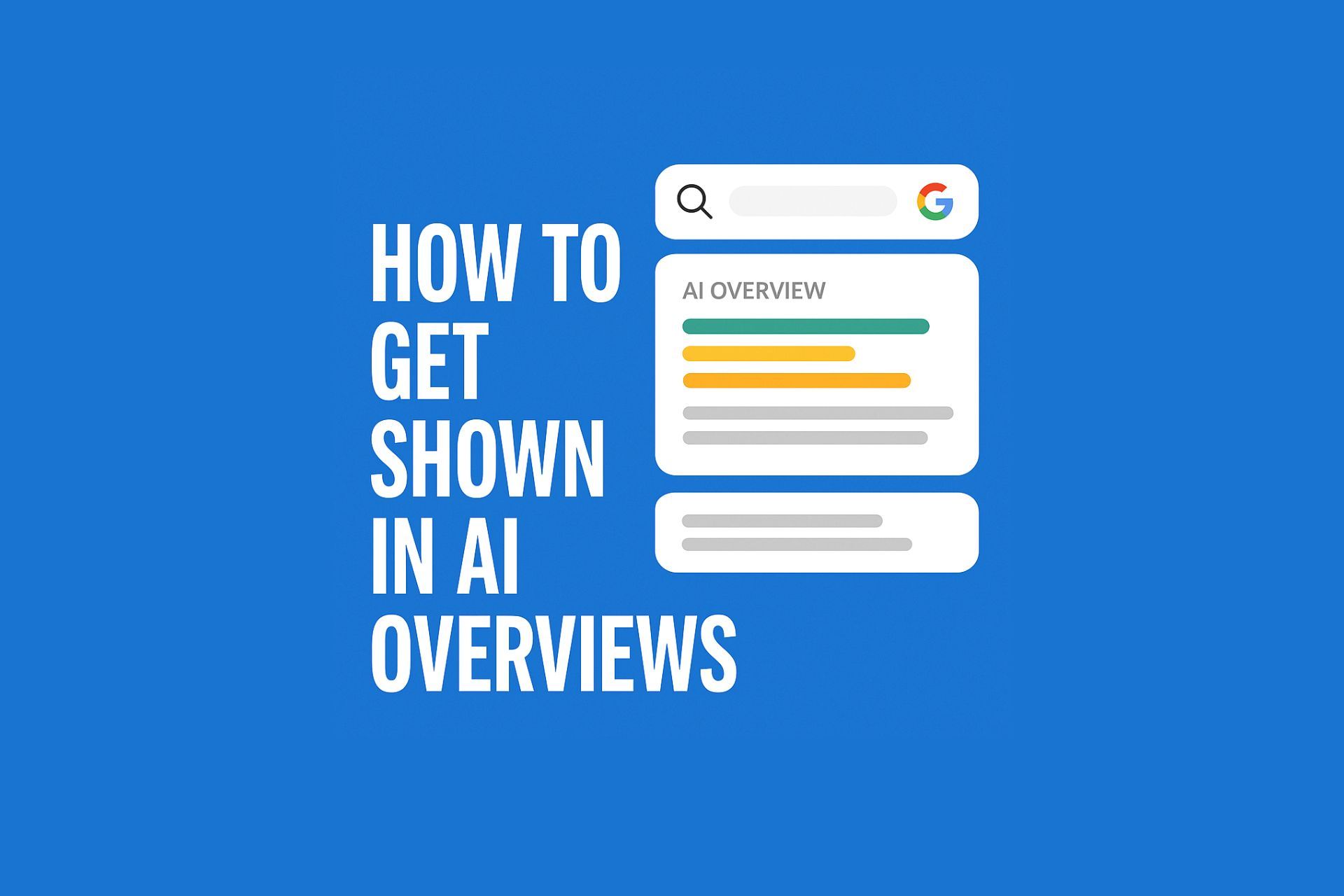Is Social Media in Downfall?
Mastering the Social Media Advertising Puzzle: Navigating Challenges and Seizing Opportunities
The state of social media is subjective and depends on various factors, such as user engagement, platform growth, and societal impact. Some people argue that social media is in decline due to issues like:
- Mental health concerns: Studies have shown that excessive use of social media can contribute to anxiety, depression, and other mental health problems, especially among younger users.
- Misinformation and fake news: The spread of false information, conspiracy theories, and misleading content has become a significant problem on social media platforms.
- Privacy concerns: Users are increasingly worried about their personal data being collected, sold, or misused by social media platforms.
- Toxic behaviour and harassment: Cyberbullying, hate speech, and abusive behaviour are common on social media, leading some users to abandon these platforms.
- Platform saturation: With so many social media platforms available, users may experience fatigue and disengage from some of them.
On the other hand, social media continues to evolve and adapt. New platforms emerge, and existing platforms often introduce new features to address user concerns or capitalize on trends. Social media remains an important communication tool, and its influence on society, politics, and culture is still significant.
In conclusion, whether or not social media is in downfall depends on one's perspective and the specific aspects under consideration. While there are undoubtedly challenges and negative aspects to social media, it is still a powerful and evolving force in modern society.
Should I advertise on Social Media? Is Social media revenue in decline?
Social media platforms have long been a gold mine for advertisers, thanks to their massive user bases and the wealth of data available for targeted marketing. However, there has been a growing concern that advertising revenues on social media platforms may be declining. In this blog post, we will explore the reasons behind this perception and analyse whether or not social media advertising revenues are indeed dropping.
The Ad Revenue Landscape
It's essential to consider the broader context of digital advertising when discussing social media ad revenues. While there are some indications of slowed growth, the overall digital advertising market continues to grow, with eMarketer forecasting an increase in worldwide digital ad spending. Social media platforms, such as Facebook, Instagram, and Twitter, still command a significant share of the digital advertising market, making it difficult to generalize about a downward trend.
Factors Impacting Social Media Ad Revenues
- Privacy Concerns and Regulations
One of the primary factors that could contribute to a decline in social media advertising revenues is the growing concern for user privacy. Regulations such as the General Data Protection Regulation (GDPR) in Europe and the California Consumer Privacy Act (CCPA) in the US have been implemented to protect users' data privacy. These regulations have led to restrictions on data collection and usage, making it more difficult for advertisers to target users effectively.
- Ad-Blocking Technologies
The increasing adoption of ad-blockers has negatively impacted the digital advertising industry, including social media. Users have become more aware of the intrusive nature of ads and are increasingly using ad-blocking tools to improve their online experience. This trend reduces the number of ad impressions, potentially leading to a decline in ad revenues for social media platforms.
- Platform Saturation and User Fatigue
As social media platforms continue to proliferate and compete for users' attention, platform saturation and user fatigue may affect advertising revenues. Users may be less likely to engage with ads as they feel overwhelmed by content, leading to a decline in ad performance and, ultimately, revenue.
- Shift in Advertiser Spending
Changes in advertiser preferences and budget allocation can also impact social media ad revenues. As marketers explore new platforms, such as TikTok and Clubhouse, or prioritize other channels like influencer marketing or content marketing, they may redirect their advertising budgets away from traditional social media platforms.
Conclusion
While there are factors that could potentially lead to a decline in social media advertising revenues, it's important to note that the overall digital advertising market is still growing. Social media platforms continue to adapt and innovate in response to user concerns and evolving advertising trends. It is essential for advertisers to stay informed about these developments and adapt their strategies accordingly. At this point, it's difficult to say definitively whether social media advertising revenues are in decline or just facing new challenges and adjustments in an ever-changing digital landscape.




















